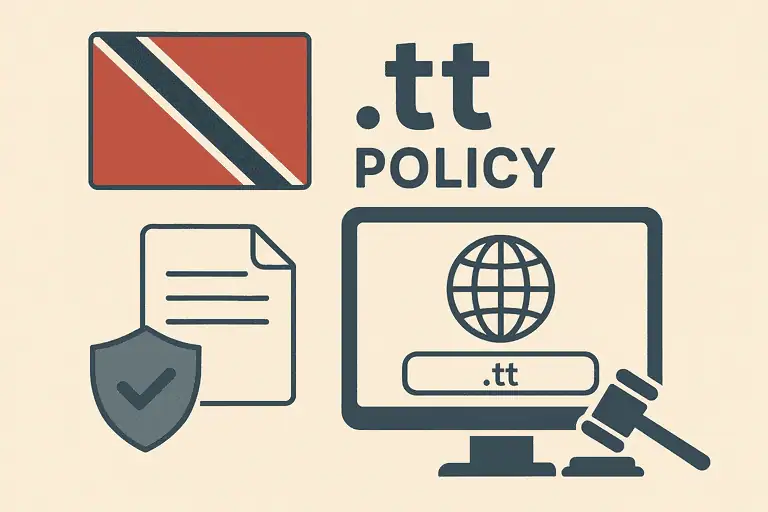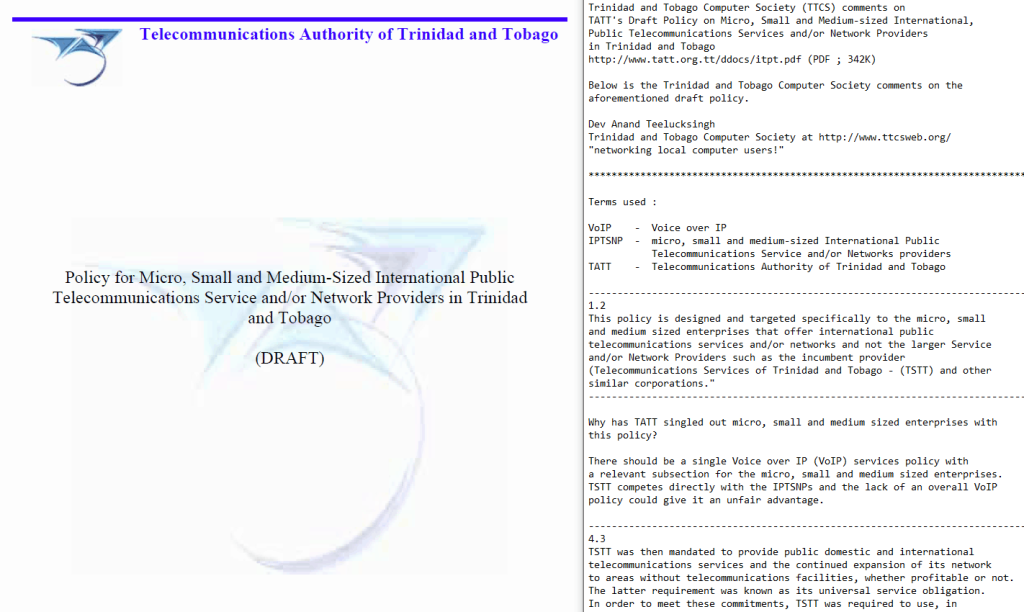This article is about ADSL service offered by TSTT in Trinidad and Tobago.
ADSL is an acronym for: Asymmetric Digital Subscriber Line. It provides faster Internet/data transfer speeds (as compared to speeds from 56K dial-up modems) over existing telephone lines. The local service is “asymmetric” because download speeds are faster than upload speeds.
ADSL can provide reliable speeds as high as 256 kbits/s, but is limited by distance and the quality of available phone lines (good quality = high speed, bad quality e.g. “noise” on the line = slow speed, closer to the DSLAM-enabled telephone exchange = higher speeds, further away from the DSLAM-enabled telephone exchange = slower speeds).
(more…)





